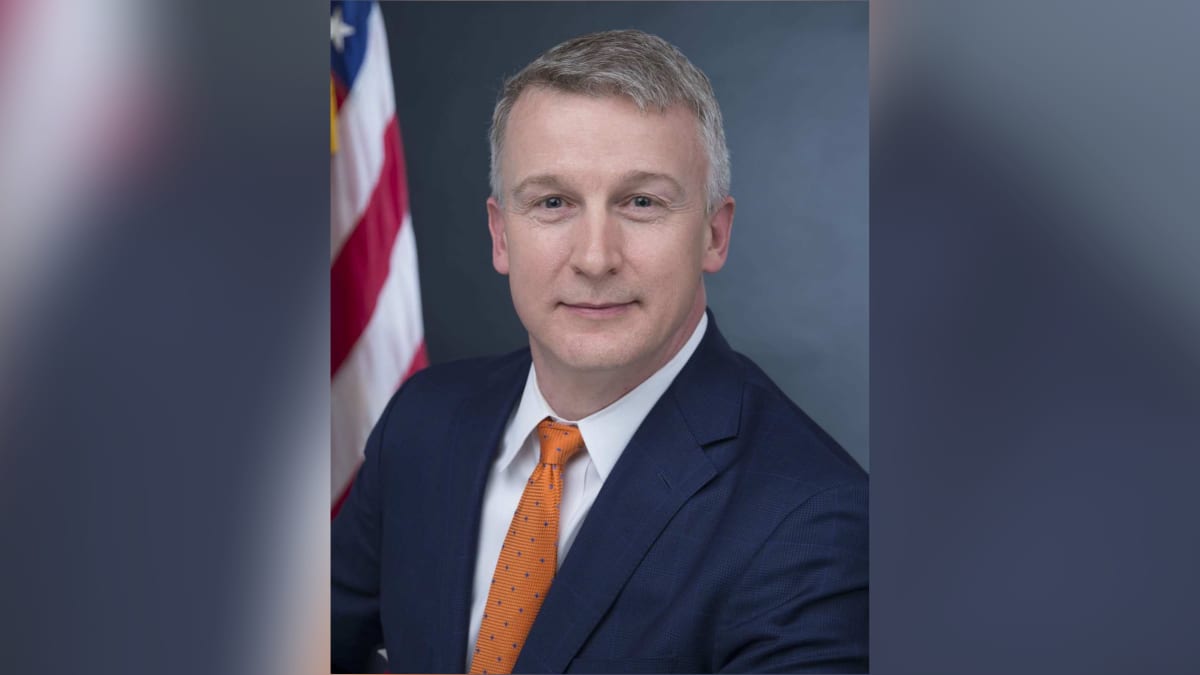
BARDA chief leaves position as agency enters unprecedented vaccine campaign, raising questions about federal Covid-19 response
Rick Bright, the head of the Biomedical Advanced Research and Development Authority and a leading researcher on vaccines and antivirals, is no longer running the agency.
Bright’s sudden departure, first reported by STAT, comes just as the agency, commonly called BARDA, has been thrust into the national spotlight as it leads a nationwide effort to develop vaccines and treatments for SARS-COV-2, the virus that causes Covid-19. Last week, the agency announced an up-to $483 million agreement with Moderna to help usher its vaccine to approval and scale up manufacturing. That came after an agreement with J&J to put $1 billion — split between the government and the pharma company — behind their vaccine effort.
Unlock this article instantly by becoming a free subscriber.
You’ll get access to free articles each month, plus you can customize what newsletters get delivered to your inbox each week, including breaking news.